
Starting June 1st, 2023 Our warehouse fee will be $0.65/cubic foot per month
In effort to lower the warehouse storage fee during inflation, we have went narrow aisle racking.This construction took us four months but the project is finally completed. With narrow aisle racking, we are able to drop storage by 24%.We as partners will go through this inflation together.
05/09/2024
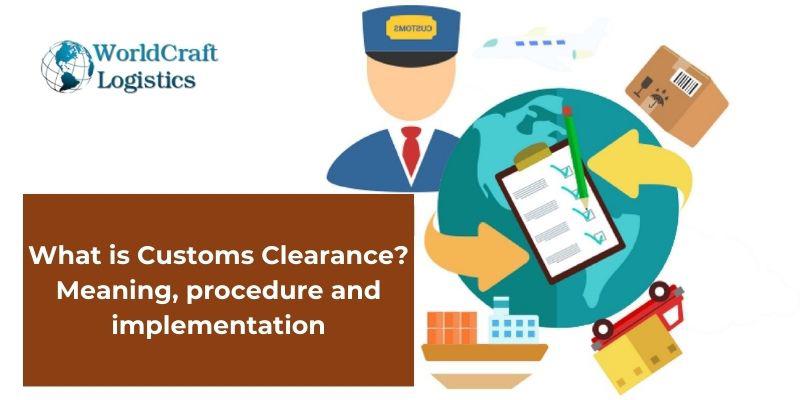
For numerous e-commerce enterprises, venturing into global customer markets represents a lucrative prospect. This expansion not only unlocks access to new markets but also widens the customer base.
Nevertheless, among the paramount hurdles of global shipping is adeptly maneuvering through the intricate realm of customs clearance and international regulations. A mere oversight or a deficiency in awareness has the potential to result in shipment delays, supplementary costs, and the forfeiture of goods.
Effectively surmounting these challenges hinges on meticulous preparation, comprehensive knowledge, and forging strategic partnerships. This article delves into the critical aspects of customs clearance, elucidating what businesses need to comprehend and outlining strategies to streamline this intricate process.
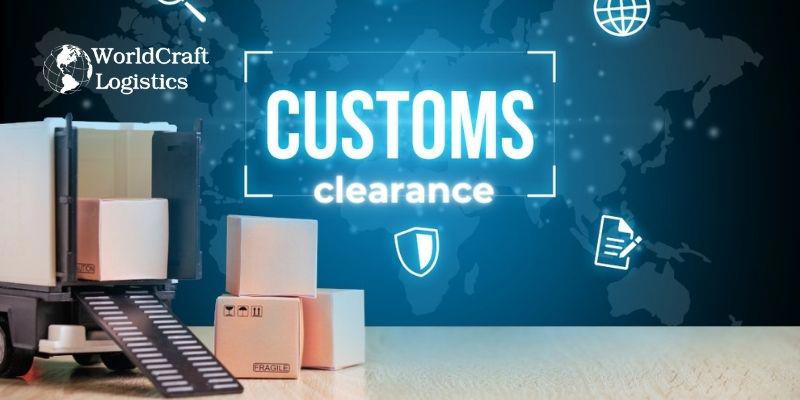
Customs clearance is the formal procedure conducted by customs authorities to scrutinize, authorize, and authorize goods entering (imports) or exiting (exports) a nation.
This process is imperative to ensure adherence to domestic regulations, payment of applicable duties and taxes, and accurate filing of essential documentation.
It plays a pivotal role in international trade, safeguarding a country's economic, health, and security concerns while enabling the smooth transit of commodities across borders.
Good articles just for you:
👉 What is a Commercial invoice? What should you pay attention to?
👉 Customs Bonds: The value of US Import Bonds & Why important
A pivotal figure in import transactions, a customs broker functions as an intermediary for importers, facilitating the intricate aspects of their customs dealings.
These agents operate under the authority of tariff laws, securing licensure from the U.S. Customs and Border Protection (CBP). Whether operating as private individuals or firms, they possess the official mandate to orchestrate custom entries, oversee duty payments, and navigate the nuances of how CBP discharge procedures impact the release of goods from custody.
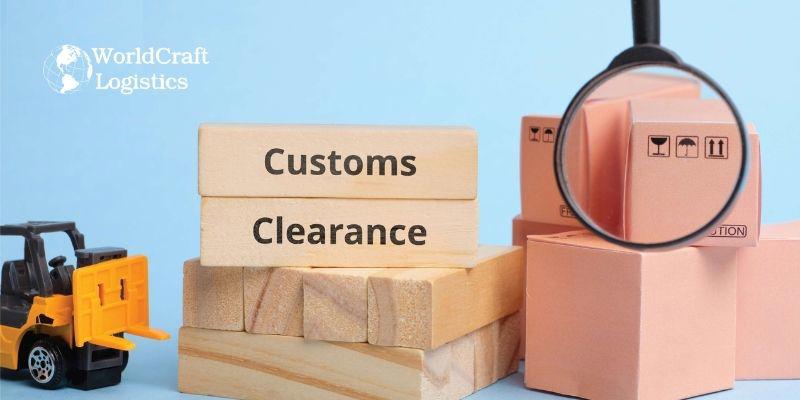
For brands gearing up for international shipments, adept preparation becomes paramount in mitigating the risks associated with customs-related delays and additional fees. To minimize such potential setbacks, a strategic approach is imperative.
Navigating the intricacies of international shipping demands a comprehensive understanding of various essential documents. While not all may necessitate completion, familiarity with their purposes significantly streamlines the international shipping process.
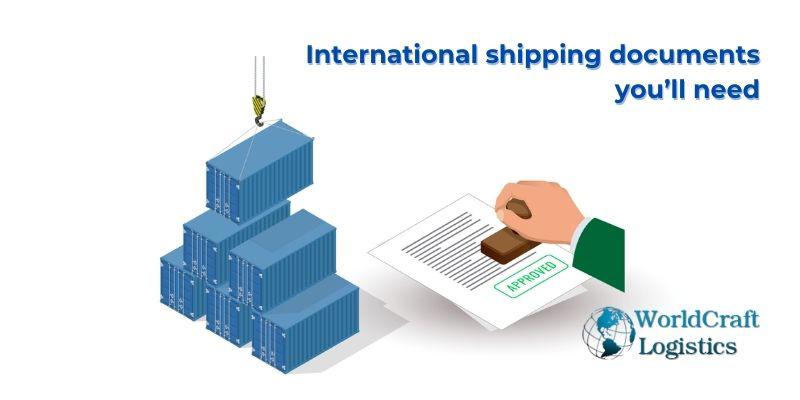
This preliminary bill of sale, dispatched ahead of shipment or delivery, meticulously outlines item specifics and associated costs for buyers.
An official record between supplier and buyer, delineating sold goods, quantities, and prices; it serves as a transactional record and aids customs valuation.
A comprehensive inventory specifying shipment items, their physical attributes, and packaging details.
Official documents certifying the manufacturing country of goods, crucial for tariff determination and trade eligibility.
Affirming the legal sale and utilization of goods, especially in food and health sectors, in the country of origin, permitting exportation.
Guidance from the shipper to the freight forwarder, intricately detailing shipment management, dispatch, and routing.
A contract between goods owner and transporter for overland transport, frequently utilized in transporting goods to a primary shipping port.
A contractual agreement between buyer and seller for international goods shipment across maritime boundaries.
A receipt issued by an international airline, substantiating the contract of carriage for goods.
A bank-issued document ensuring a buyer's payment to a seller, guaranteeing payment upon meeting specified delivery conditions.
For further details on each document, refer to the comprehensive breakdown provided here: 👉 Shipping documents: Essential and commonplace documents in import and export
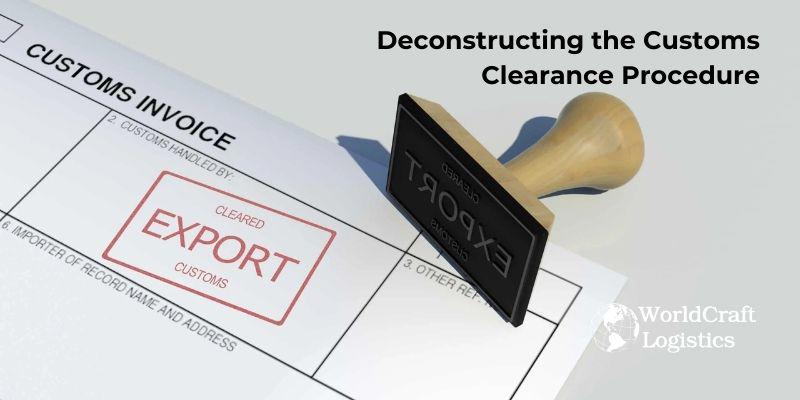
In the initial phase, a customs officer meticulously examines the paperwork associated with shipments to ensure accuracy. For international shipments, adherence to commercial invoice requirements is imperative. The verified document includes details of the shipper, contact information for the receiver, export date, and airway bill number.
Following the paperwork assessment, a customs officer evaluates potential fees applicable to the shipment. This evaluation is contingent upon factors such as the nature of the goods, their declared value, and the regulatory framework enforced by the importing country. If the declared value exceeds a specified tax threshold, the officer investigates the payment status of taxes and duties.
In instances where outstanding taxes and duties are identified, the customs authority requests prompt settlement. Two payment options are available: Delivered Duty Unpaid (DDU) or Delivered Duty Paid (DDP). If a shipment is designated as DDP, it signifies that taxes and duties have been paid. These payment services may be bundled at a fixed price when purchasing a label, though costs can escalate due to varying fee structures among independent brokers. Additional charges such as brokerage, storage, late payment, and miscellaneous fees may contribute to the overall shipment fee.
Upon successful payment of taxes and duties, the customs process concludes, resulting in the release of the shipment. Effective management of paperwork, duties, and taxes facilitates the smooth transit of goods to their designated destination.
In the event of a customs delay, maintaining composure is paramount.
Delays often stem from documentation disparities, restricted or prohibited items, or routine random inspections. Thoroughly heed notices or communications from customs agents to grasp the cause of the hold.
Promptly resolve highlighted issues, be it rectifying documentation, settling outstanding duties, or seeking advice from a customs broker for expertise. A proactive and prepared stance is instrumental in mitigating future setbacks.
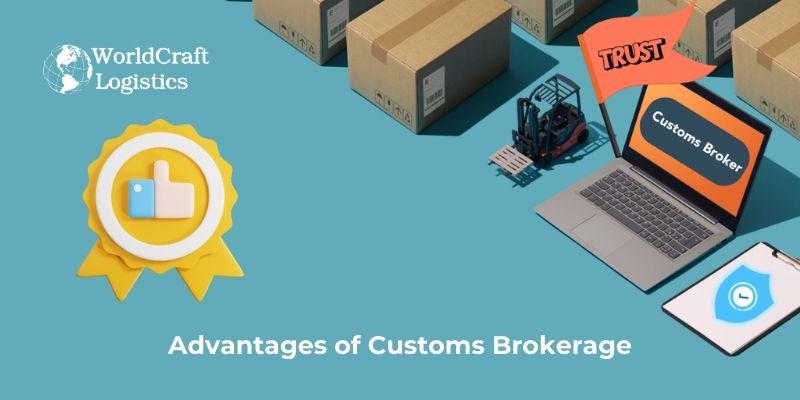
A proficient customs broker assumes responsibility for product shipping, ensuring compliance with customs regulations to prevent time delays. Retaining more capital, companies benefit from a customs broker's guidance, avoiding shipment issues and capitalizing on trade agreement opportunities like ASEAN, JPEPA, and the EFTA free trade agreement, dedicated to reducing duties and taxes.
Should a customs broker be unable to handle certain products, they adeptly defer shipments in the safest manner possible, fostering a robust relationship with clients. External evaluation of goals and merchandise reasons enhances this bond, allowing the customs broker to provide insightful advice on the business model.
While filing and paying taxes and duties remain the company's responsibility, furnishing the customs broker with proper paperwork enables them to rectify errors and identify crucial missing information. The collaborative efforts between companies and customs brokers thus contribute to smoother and more efficient international trade operations.
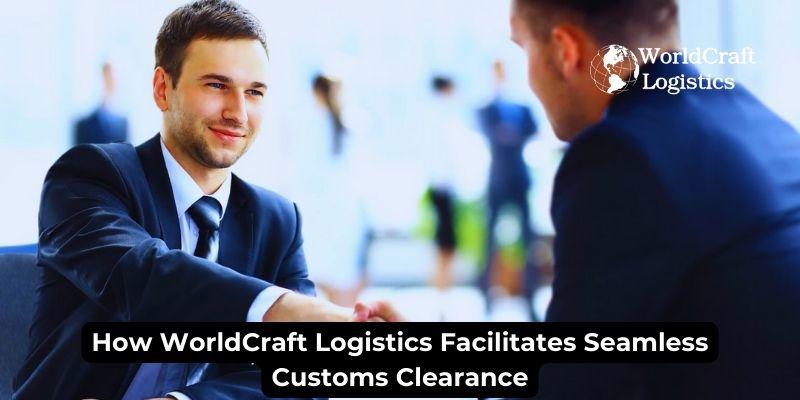
Entering the labyrinth of customs clearance procedures can be a formidable task. Picture this: after placing your inaugural bulk order, arranging international shipment, and settling numerous fees, your shipment hits customs only to encounter a documentation error, leading to unforeseen delays.
This underscores the significance of harnessing the proficiency of a global fulfillment platform such as WCL for your ecommerce brand.
WCL streamlines the customs process by managing all associated paperwork, ensuring the precision and compliance of your documentation. From accurate classification of products using the appropriate Harmonized System (HS) codes to offering insights on potential duties and taxes, WCL accompanies you at every stage, guaranteeing a seamless customs process for your shipments.
Backed by a wealth of knowledge regarding international fulfillment regulations and industry best practices, coupled with an extensive global warehouse network, WCL strategically positions your goods for efficient clearance.
Where is customs clearance in USA? Opting to store inventory and fulfill orders through WCL's distribution centers in the UK, Australia, Canada, and Europe allows you to bypass cross-border intricacies, concurrently minimizing shipping costs and durations. With WCL's solution, you can even provide customers with Delivered Duty Paid (DDP) shipping, preventing unexpected fees and ensuring a stellar international shipping experience.
For further insights into WCL's international shipping capabilities, click here to connect with a fulfillment expert.
The duration of customs clearance varies and can be accomplished within 24 hours, contingent upon factors such as the destination country, the nature of the product, and the workload of the customs department. Nevertheless, in cases where a shipment raises concerns or if there's a backlog in customs processing, the clearance process might extend over several days.
Primary responsibility for customs clearance rests with the shipper. However, it is common for shippers to delegate this task to specialists, such as WorldCraft Logistics, to navigate the intricacies of the process.
Evading customs fees is not an option. To minimize delays and streamline the customs process, one should possess a comprehensive understanding of the customs procedures, engage in meticulous document verification, and collaborate with reliable fulfillment and shipping partners.
While there's no legal mandate to engage a customs brokerage, it proves beneficial, especially for intricate shipments or dealings with specific countries. Customs brokers, such as those provided by WorldCraft Logistics, bring valuable expertise that ensures a smoother and more efficient clearance process when handling international shipments independently.
SEO
Digital Marketing/SEO Specialist
Simon Mang is an SEO and Digital Marketing expert at Wordcraft Logistics. With many years of experience in the field of digital marketing, he has shaped and built strategies to effectively promote Wordcraft Logistics' online presence. With a deep understanding of the logistics industry, I have shared more than 500 specialized articles on many different topics.
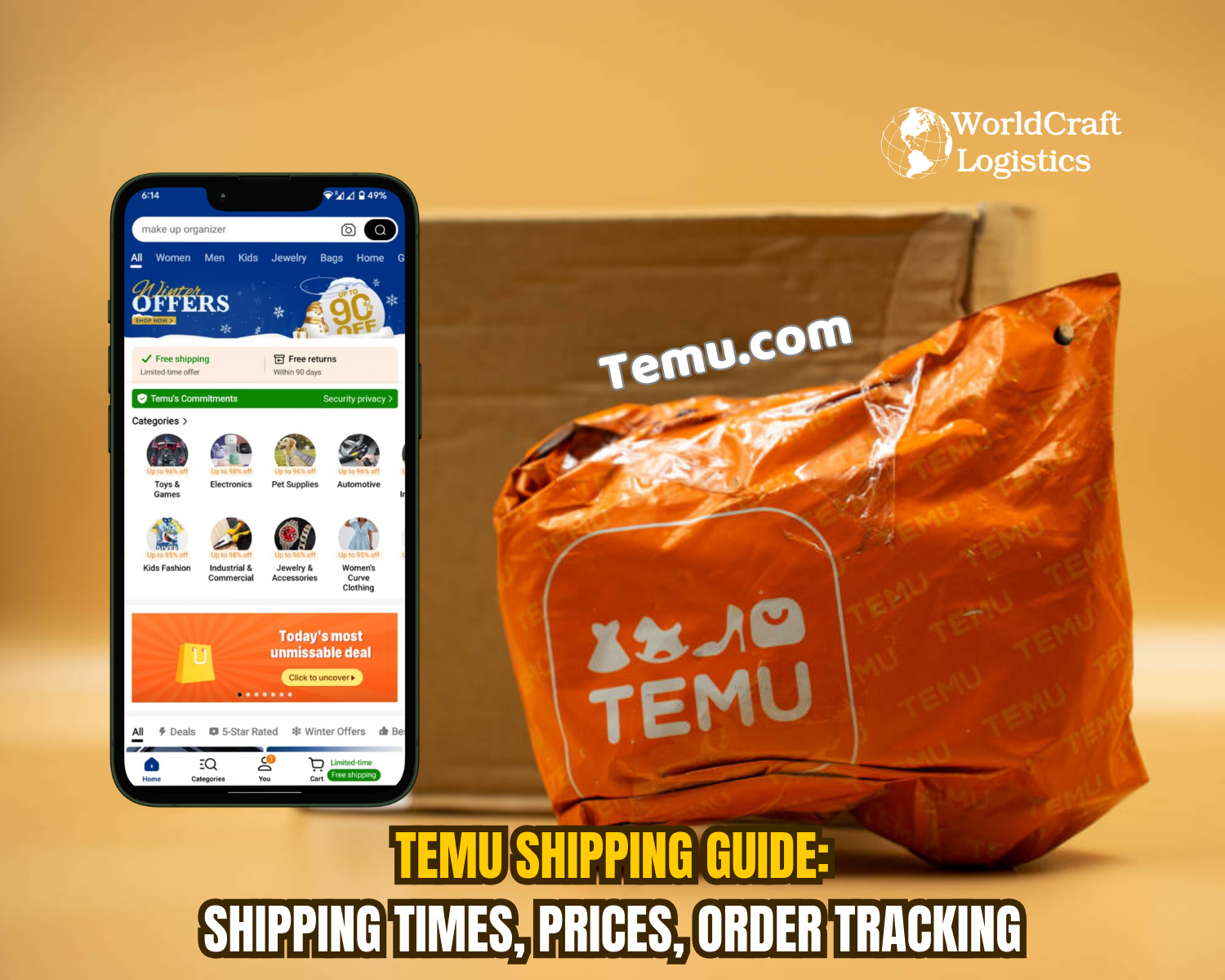
Education
01/05/2025
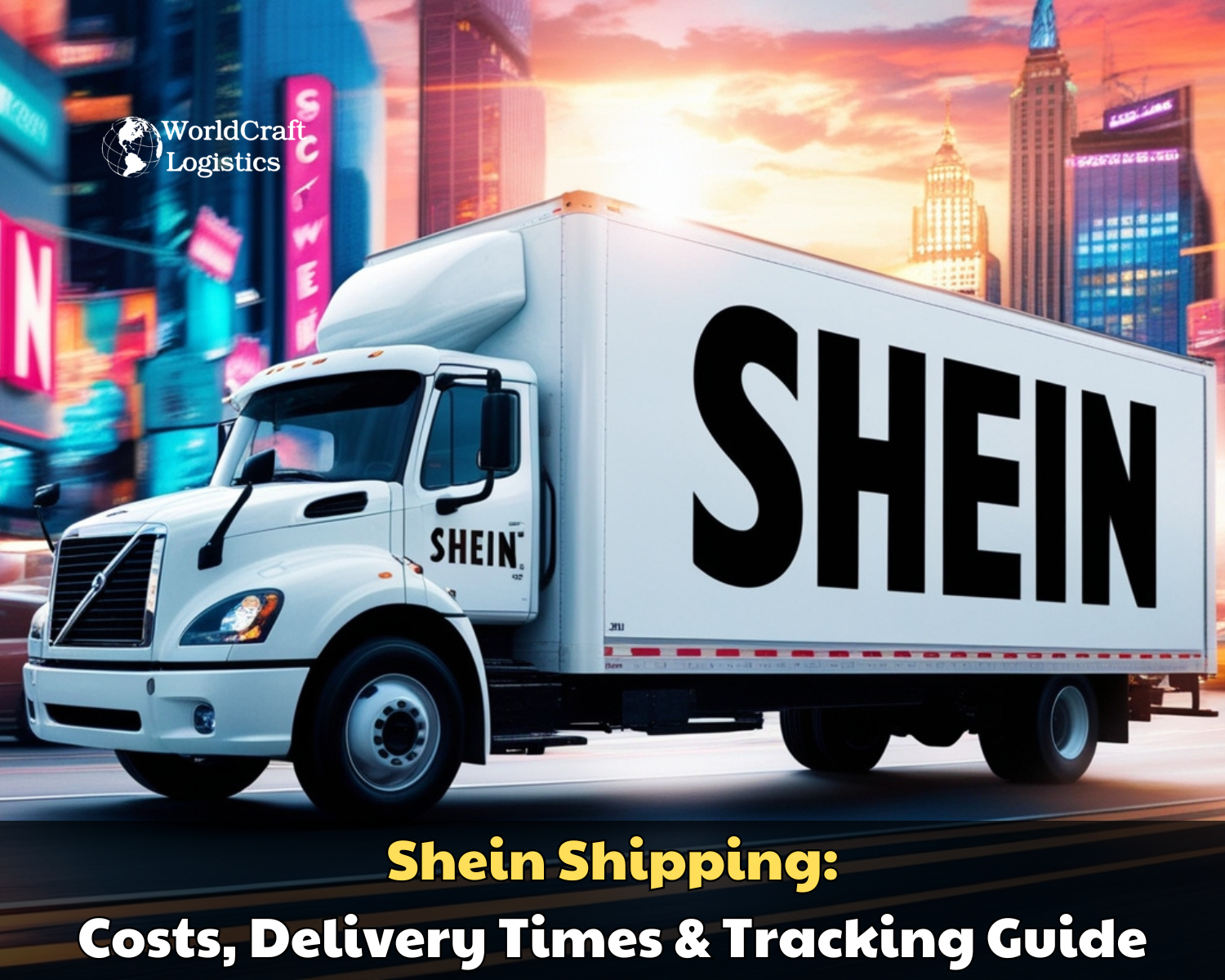
Education
02/18/2025
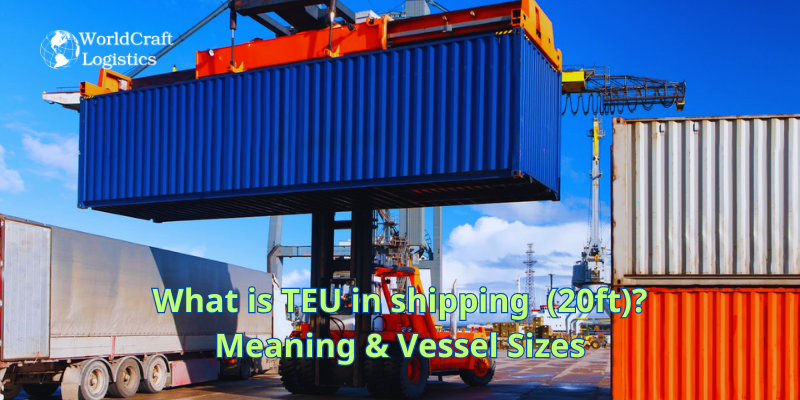
Education
01/01/2024
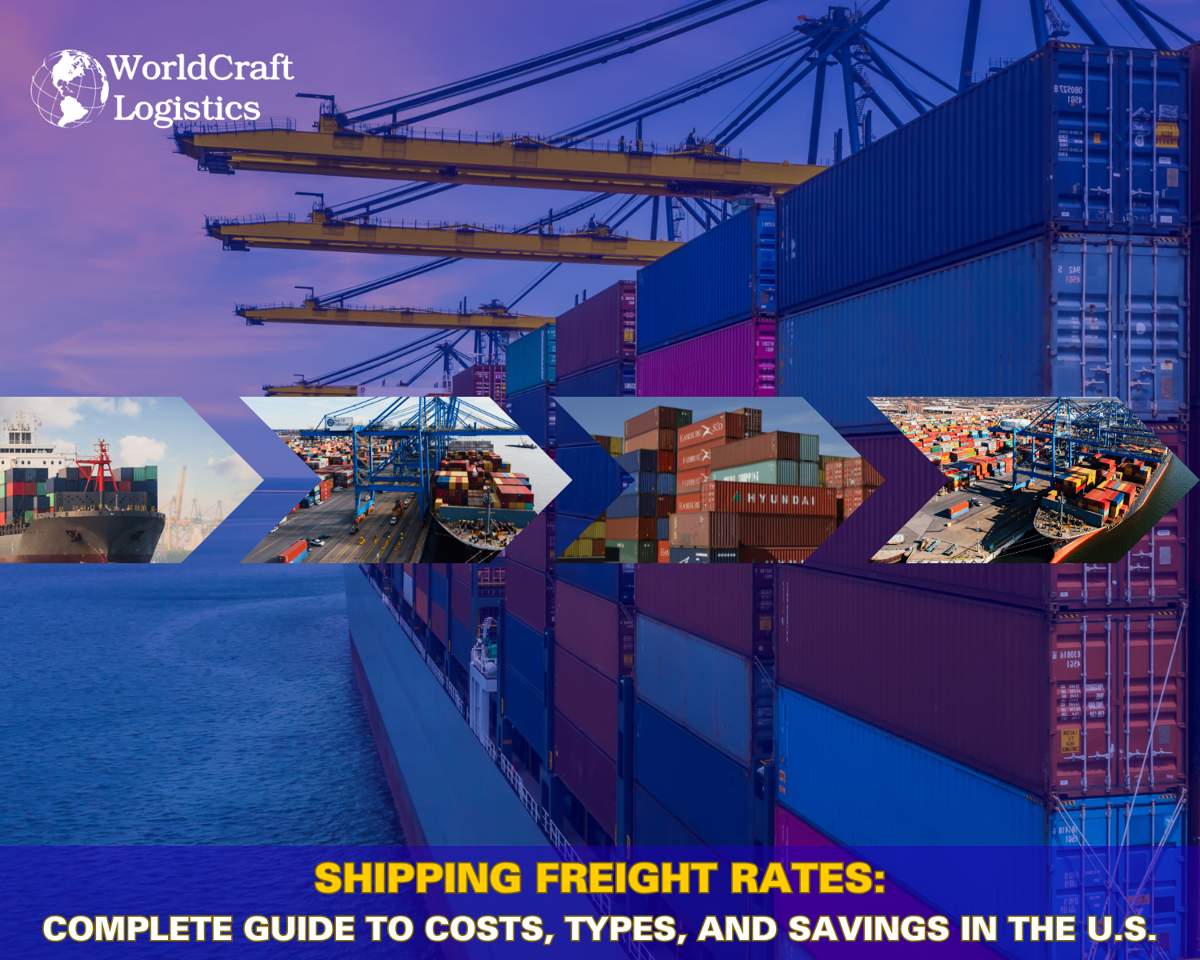
Education
09/09/2025
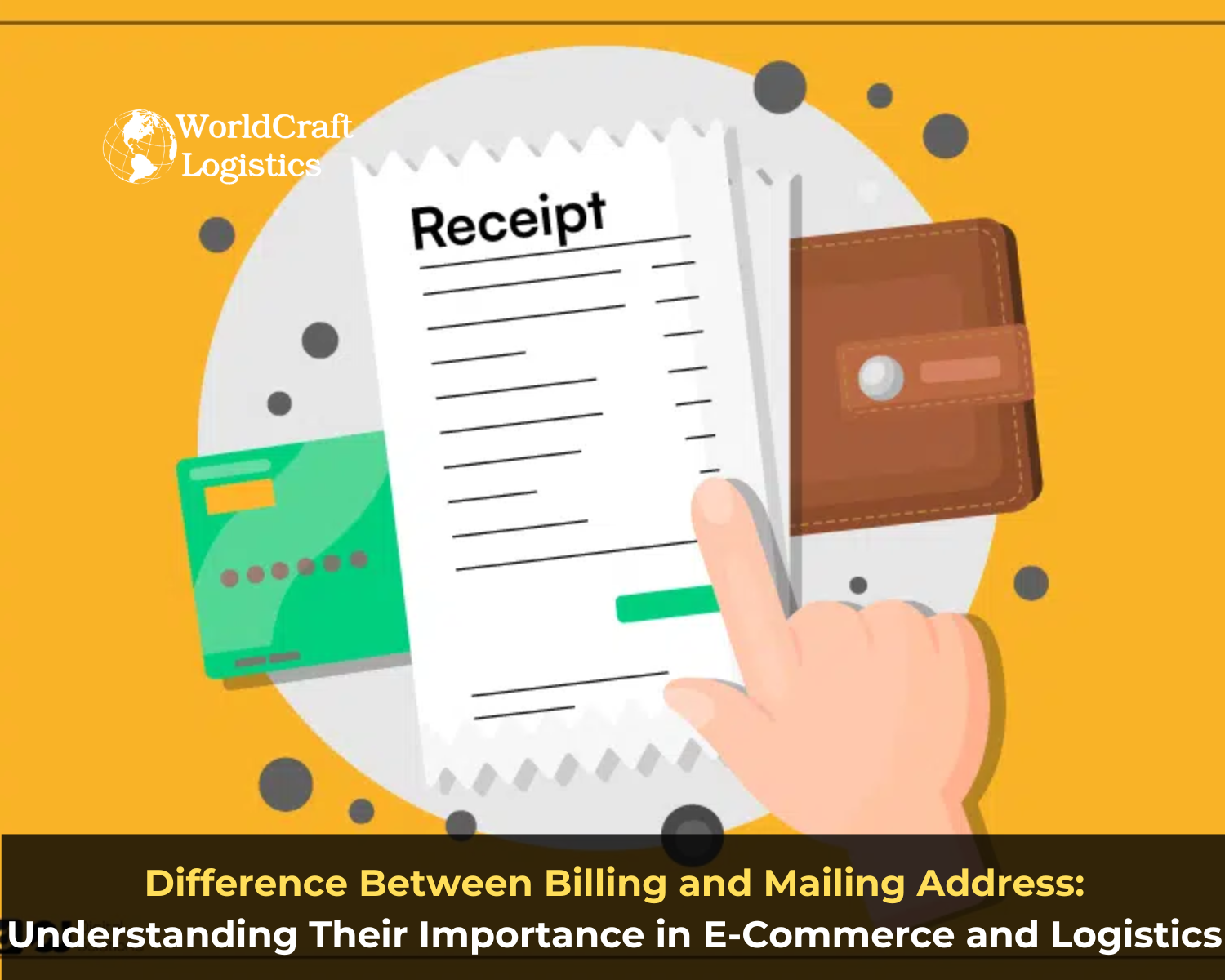
Education
08/28/2024